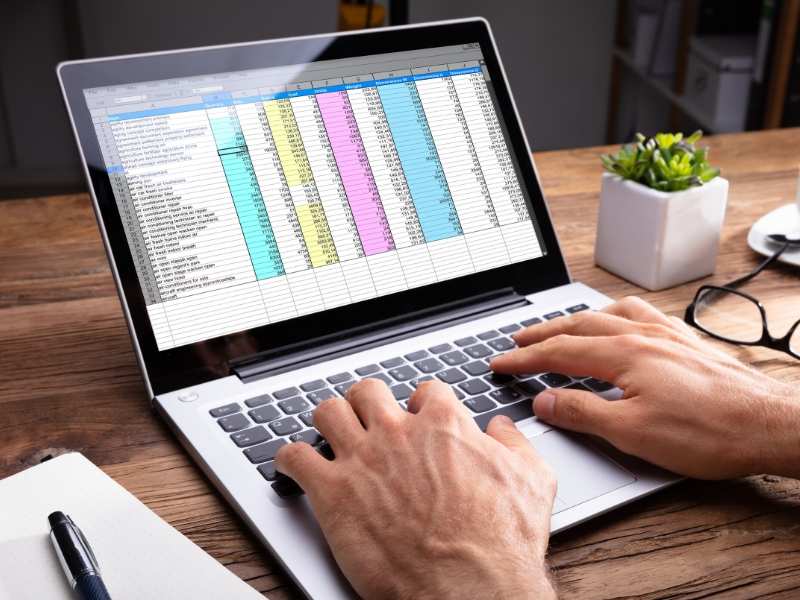One of the most effective ways of achieving your financial goals is to set a personal budget plan. For example, are you saving for a home, planning for a vacation, or looking for ways to get out of debt?
In our post today, we show you six simple steps that, if followed thoroughly, help you set up an excellent personal budget for financial success. Also, check out Crediful for additional resources on personal budget and finance management.
Create Your Personal Budget Plan With These 6 Steps

1 • Track Your Expenses Carefully
The first thing you need to do when putting together a personal budget is to calculate in detail all your monthly costs. Start by consulting receipts of all goods paid for during the past month. Add your bank statements and any other financial details of your expenses.
The idea is to be as accurate as possible to ensure the budget is complete. Remember, a forgotten bill messes up your plan significantly. In fact, always add an extra 10 percent ‘miscellaneous’ expense to your total figure.
2 • Calculate Your Income
Now that you know how much money you spend every month on your current lifestyle, it’s time to figure in your income. Do you have a regular salary? How much profit do you collect from your business each month? Do you have any other source of income like gifts, alimony, child support, or rental income?
If you can know the exact amount of your income for the month, then it is easier to create a realistic personal budget.
3 • Know Your Goals
To create a personal budget you must have a clear goal in place to save money and spend less than you earn each month. Additionally, a budget helps you understand where your money is going and how to increase your earnings.
So, before anything else, decide what your goals are and commit to meeting them. While at it, accept that lifestyles change, therefore you need to readjust accordingly to meet your goals.
4 • Document Every Detail

It doesn’t matter how you do it. You might use a pen and a paper or a sophisticated tool like Microsoft Money. The idea is to keep records of everything you want to achieve with your personal budget plan.
When starting out, if you’re not into technology, we recommend using an easy-to-manage method like a pen and paper. After all, you don’t want to complicate the process and end up giving up because it takes too much time. After that, try moving your budget to more efficient platforms like spreadsheets.
5 • Use an Accountability Partner
Any time you make significant changes to your spending habits, it’s a great idea to seek support from others who want to see you succeed. This applies to your personal budget as well as your lifestyle.
For excellent results, get someone who helps you stay within your personal budget no matter how challenging it gets. Most importantly, keep away from people who do not share the same ideas as you when it comes to a personal budget. It is their kind of negative energy that causes you to abandon your plans prematurely.
6 • Prepare to be Flexible
Nothing is a guarantee in life and surprises happen. For one, the cost of living soars when you least expect it. So, at times you must change your personal budget without warning. On the other hand, you might get a raise or win a lottery which must also reflect in your personal budget.
What all this means is that there shouldn’t be anything set in stone when it comes to a personal budget plan. If significant changes occur in your life, revisit your plan and make any necessary adjustments.
What other strategies are you using to ensure that your budget plan sticks and offers you the kind of results you’re looking for? We’d love to hear your feedback.
Images Courtesy of Canva.
Other Posts You Might Enjoy:
4 Things for a Newlywed Couple to do for Marriage Success
4 Easy Steps to Achieve a Spotless Living Space





